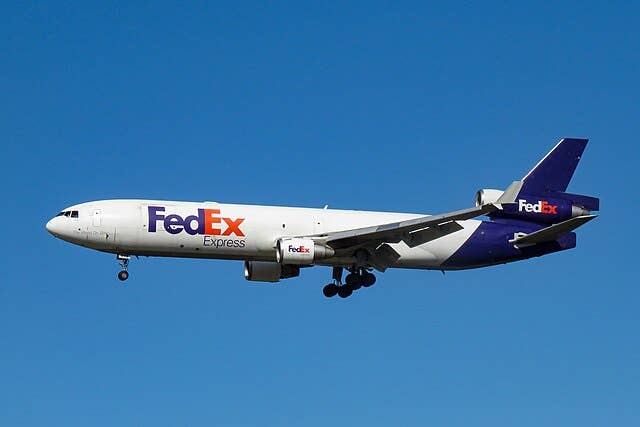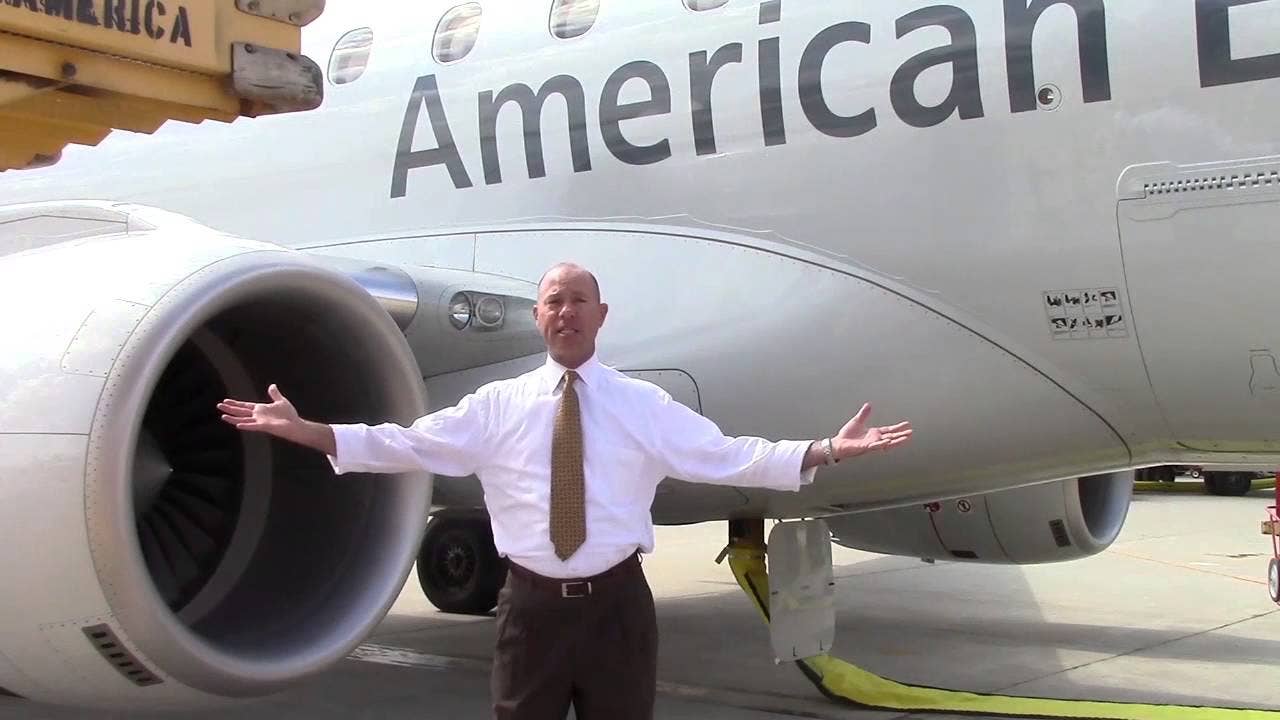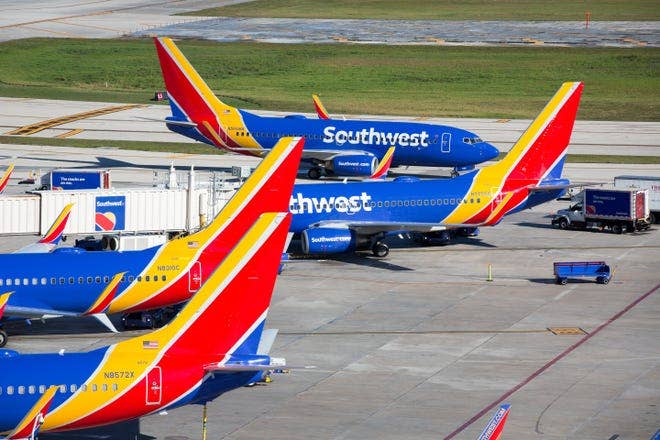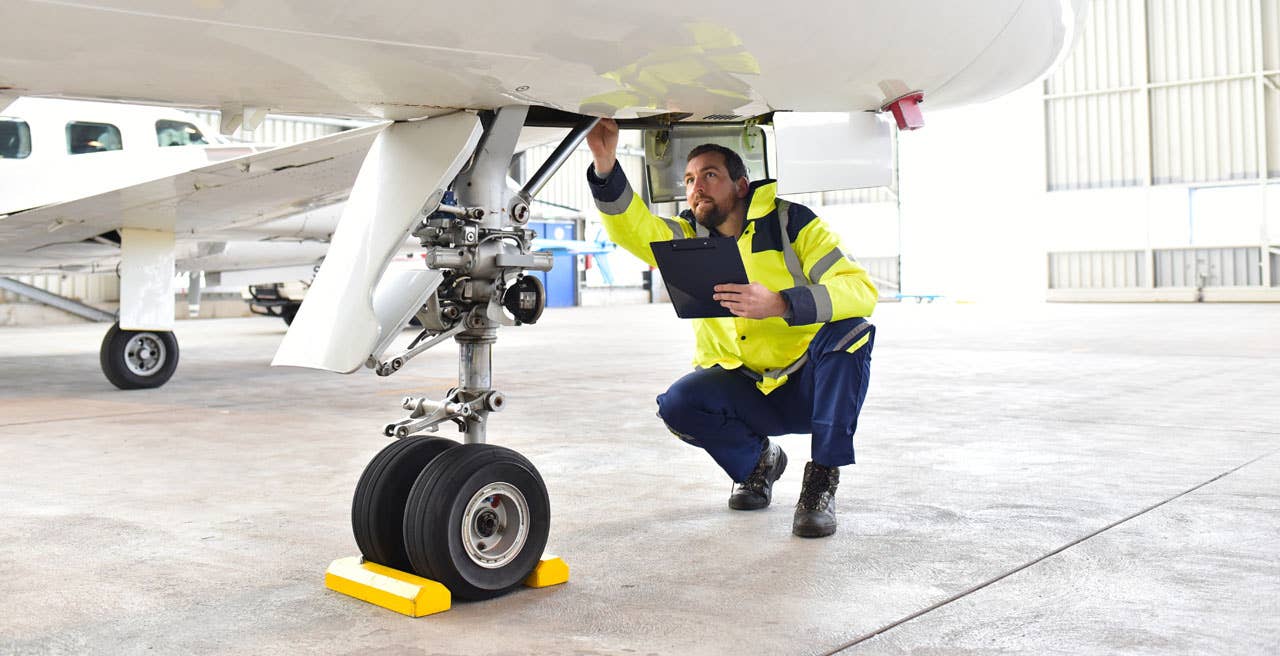FAA Changes Policy, NATCA Responds
The FAA said this week it is ready to change the way it deals with air traffic controllers, but the controllers union is skeptical. On Monday, the agency took what it calls “another step toward a new safety culture,” by reducing the emphasis on blame in the reporting of operational errors. “We’re moving away from a culture of blame and punishment,” said FAA Administrator Randy Babbitt. “It’s important to note that controllers remain accountable for their actions, but we’re moving toward a new era that focuses on why these events occur and what can be done to prevent them.” Effective immediately, the names of controllers will not be included in reports sent to FAA headquarters about operational errors, which occur when the proper distance between aircraft is not maintained. Necessary training will be conducted and disciplinary action taken, if appropriate, the FAA said. Both will be recorded in the controller’s record. Patrick Forrey, president of the National Air Traffic Controllers Association, told AVweb that the FAA change doesn’t go far enough. “We are puzzled by the press release in which the Administrator claims to be moving towards a safety culture absent blame, yet at the same time, states that controllers could still be disciplined for their actions,” he wrote in an e-mail. “This philosophy is exactly the opposite of a safety culture. A safety culture doesn’t look to ‘blame’; rather it looks to be proactive in finding problems before they happen.”
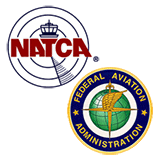
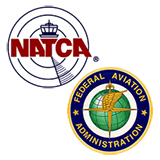 The FAA said this week it is ready to change the way it deals with air traffic controllers, but the controllers union is skeptical. On Monday the agency took what it calls "another step toward a new safety culture," by reducing the emphasis on blame in the reporting of operational errors. "We're moving away from a culture of blame and punishment," said FAA Administrator Randy Babbitt. "It's important to note that controllers remain accountable for their actions, but we're moving toward a new era that focuses on why these events occur and what can be done to prevent them." Effective immediately, the names of controllers will not be included in reports sent to FAA headquarters about operational errors, which occur when the proper distance between aircraft is not maintained.
The FAA said this week it is ready to change the way it deals with air traffic controllers, but the controllers union is skeptical. On Monday the agency took what it calls "another step toward a new safety culture," by reducing the emphasis on blame in the reporting of operational errors. "We're moving away from a culture of blame and punishment," said FAA Administrator Randy Babbitt. "It's important to note that controllers remain accountable for their actions, but we're moving toward a new era that focuses on why these events occur and what can be done to prevent them." Effective immediately, the names of controllers will not be included in reports sent to FAA headquarters about operational errors, which occur when the proper distance between aircraft is not maintained.
Necessary training will be conducted and disciplinary action taken, if appropriate, the FAA said. Both will be recorded in the controller's record. Patrick Forrey, president of the National Air Traffic Controllers Association, told AVweb the FAA change doesn't go far enough. "We are puzzled by the press release in which the Administrator claims to be moving towards a safety culture absent blame, yet at the same time, states that controllers could still be disciplined for their actions," he wrote in an e-mail. "This philosophy is exactly the opposite of a safety culture. A safety culture doesn't look to 'blame'; rather it looks to be proactive in finding problems before they happen."
Forrey said there is already a program in place, the Air Traffic Safety Action Program, to do that. "A key component of a safety culture is to make controllers feel comfortable in reporting problems so that we can learn and develop procedures to avoid these problems in the future," he said.

